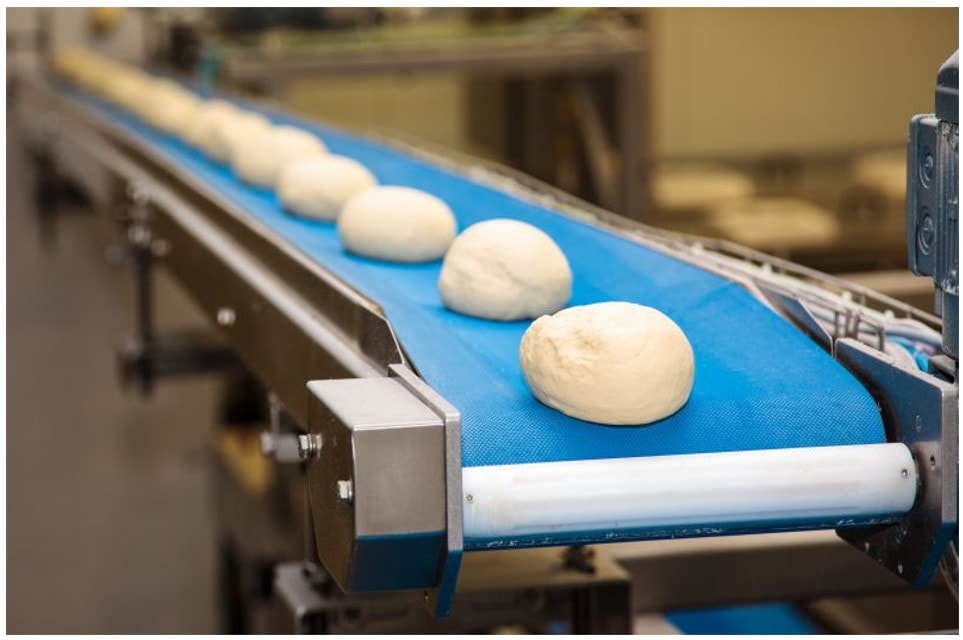Introduction
In the contract food manufacturing sector, guaranteeing quality control is of utmost relevance. With the enhancing demand for contract food manufacturing in Australia, it is critical for business to apply best practices and stick to stringent standards. This article will certainly delve into the different aspects of achieving quality control in contract food production, highlighting the crucial practices and criteria followed in Australia.
The Significance of Contract Food Manufacturing in Australia
Contract food manufacturing plays a crucial duty in the Australian food sector. It enables business to outsource their food production to specialized manufacturers, allowing them to concentrate on various other aspects of their service such as advertising and also circulation. Contract food manufacturing likewise gives adaptability to companies by permitting them to scale up or down their production based on market demands.
Contract Food Production: A Growing Fad in Brisbane
Brisbane, being a major city in Australia, has actually experienced a significant growth in contract food manufacturing. This pattern can be credited to the enhancing variety of businesses selecting outsourcing their food manufacturing requirements. Contract food manufacturing in Brisbane supplies numerous benefits such as expense savings, access to customized devices and know-how, and conformity with strict quality standards.
Best Practices for Agreement Food Manufacturing
To accomplish quality control in agreement food manufacturing, it is important to adhere to ideal techniques that guarantee uniformity, security, and also performance. A few of these best methods include:
GMP (Excellent Manufacturing Practices) Compliance: Complying with GMP standards helps preserve top notch requirements throughout the manufacturing procedure. This consists of correct training of personnel, maintaining cleanliness as well as health, and implementing robust quality assurance measures.

Food Safety Monitoring Systems: Executing a detailed Food Safety Monitoring System (FSMS) is critical for ensuring the security of foodstuff. This includes regular examinations, danger evaluation, as well as implementation of preventive measures.
Quality Control Testing: Routine testing of resources, in-process samples, and also ended up items is necessary to recognize any type of inconsistencies from quality requirements. This consists of testing for microbial contamination, chemical structure, and sensory attributes.
Traceability and also Documentation: Preserving precise documents of all manufacturing procedures, ingredients used, as well as product packaging products aids make certain traceability and also liability. This documents also helps in recognizing and also attending to any kind of top quality problems that might arise.
Supplier Qualification: Carrying out thorough evaluations of distributors makes certain that they satisfy the needed high quality standards. This consists of assessing their manufacturing processes, certifications, as well as track record in providing high-quality products.
Continuous Improvement: Regularly examining and updating procedures based on comments as well as sector innovations is vital for achieving continual enhancement in contract food manufacturing. This entails tracking vital performance signs (KPIs) and implementing corrective actions when necessary.
Standards in Australian Contract Food Manufacturing
Australia has rigorous standards and also regulations in position to ensure the security as well as top quality of contract food manufacturing. Some of the key requirements consist of:
Food Requirements Code: The Food Requirement Code lays out the demands for food production, labeling, and also managing in Australia. It covers locations such as food security, additives, labeling needs, and nutritional information.

HACCP (Threat Analysis Vital Control Point) : HACCP is an organized approach to determining potential dangers in the production process and also carrying out control actions to stop them. It is a widely acknowledged standard for guaranteeing food safety.
ISO 22000: ISO 22000 is an international requirement that specifies the requirements for a Food Safety And Security Management System (FSMS). Complying with this standard helps organizations show their dedication to food safety.
SQF (Safe Quality Food) Certification: SQF qualification ensures that a company's food security management system satisfies international standards. It offers guarantee to clients that the items they obtain are risk-free and of high quality.

AIB International Certification: AIB International accreditation concentrates on the cooking industry and makes sure that suppliers fulfill details food safety as well as high quality requirements. This certification is very pertained to in the contract food manufacturing sector.
FAQs about Quality Assurance in Agreement Food Production
What are the advantages of contracting out contract food manufacturing? Outsourcing contract food manufacturing allows business to concentrate on core proficiencies, lower prices, accessibility specific proficiency, and also boost manufacturing flexibility.
How can I make sure that an agreement food producer meets my high quality standards? It is important to conduct complete due diligence prior to picking an agreement food manufacturer. This includes reviewing their qualifications, track record, quality assurance processes, and also client feedback.
What actions can be taken to prevent cross-contamination in agreement food manufacturing? Appropriate partition of production locations, devoted tools for allergen handling, as well as executing strict cleaning protocols are some actions that can help avoid cross-contamination.
What duty does product packaging play in making certain quality control in agreement food production? Packaging plays an essential duty in preserving the quality as well as security of food. It ought to be designed to shield versus contamination, preserve product quality, and provide essential details to consumers.
How usually ought to screening be carried out in agreement food manufacturing? Checking regularity relies on different factors such as the sort of product, life span, and also regulative needs. It is recommended to have a robust testing strategy that covers basic materials, in-process examples, and also ended up products.
What are some typical difficulties faced in achieving quality control in agreement food production? Typical difficulties consist of maintaining uniformity across multiple production sites, ensuring conformity with transforming policies, taking care of supply chain risks, and resolving customer-specific requirements.
Conclusion
Achieving quality control in agreement food production is necessary for companies operating in the Australian market. By complying with finest practices and sticking to rigorous criteria such as GMP conformity, executing food safety and security management systems, and also performing regular quality control testing, companies can guarantee the security as well as high quality of their items. It is likewise crucial to choose contract food makers that satisfy the required accreditations as well as have a performance history of delivering high-quality products. By focusing on quality assurance, organizations can build depend on with customers and also develop a strong visibility in the affordable food industry.